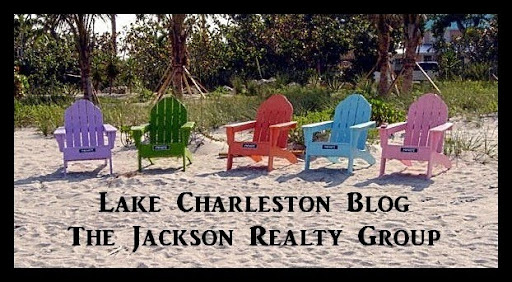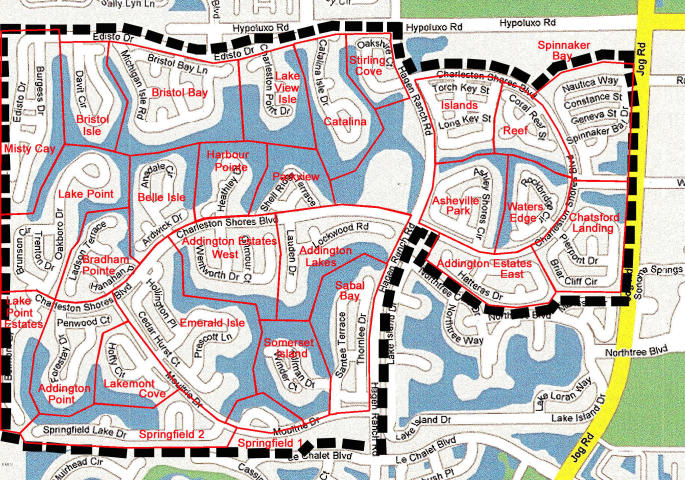12/24/12
12/16/12
Z.I.R.P. and mortgage rates
Below is an excerpt from a recent article by Barry Habib of MBS Highway
Quite possibly you have heard of the Federal Reserves ZIRP or Zero Interest Rate Policy…below is a good explanation of how it works and the tangential effect on mortgage rates.
Imagine that you are a Money Manager, managing a $100 Million Dollar portfolio. You can borrow at very low rates that are close to the Fed Funds Rate. Call it a 0 .5% cost to borrow. You can buy mortgage bonds that pay 3% . It looks like a nice profit spread of 2 .5% . But the real magic happens when you use leverage. You can buy those bonds with only 10% cash . So you can take your $100 Million and buy $1 Billion worth of bonds, by borrowing the other $900 Million at a cost of only 0 .5% . The 2 .5% profit on the $1Billion is equal to a whopping 25% on your $100 Million dollar portfolio...making you a great money manager, and a heck of a lot of fees. This is called "The Carry Trade". But one sure way to lose money on this trade is to have your borrowing cost rise. So, as the data begins to approach the Fed's targets, managers will be less willing to buy mortgage bonds and begin to unwind their holdings. This selling of mortgage bonds will cause mortgage rates to rise, and perhaps at a surprising pace. We will need to be on guard about this in the months ahead.
The above is important to buyers and sellers alike…for buyers, it is quite obvious how interest rates have an effect on the purchase of a home. an increase in rates from 4% to 5% has the following effect on a $250,000 loan.
Principal and interest payment of $250,000 at 4% is $1,194/mon
Principal and interest payment on $250,000 at 5% is $1,342/mon…that is a 12% increase in payment and can have a significant effect on the size of the loan you can qualify for.
If the rates go to 6% you would be at almost $1,500/mon
So, if you are a buyer, you have try to predict the future of interest rates and home prices (we’re here to help you with that!). Should you buy now at the lowest rates in history, or gamble that home prices will fall if interest rates rise? Can you chart out the ‘rates vs. price’ so you are aware of the optimum rate/price relationship?
And, as a seller, are you up for the gamble? Are you on the side of the “we’ve hit bottom” and it’s all up from here crowd or, after reading the above, do you think that now may be an opportune time to “get while the getting is good”?
We are not your typical real estate agents. We’ll help you decipher all of the ‘noise’ relating to the housing market and what decision is in YOUR best interests. You won’t get ‘objection handling techniques’, you won’t get ‘memorized dialogs’…in short, you won’t get a salesman that tries to influence and steer you in one direction or another. You’ll get honest advice tailored to your specific needs, goals and situation.
Call me directly at 561.602.1258 if you’d like to discuss anything real estate related.
And, as always, thanks for reading
12/9/12
Is housing going to get pushed over the cliff too?
There’s been non-stop chatter about the “fiscal cliff” lately. So I thought that I should discuss the housing component of the ‘fall from the cliff’.
The two major issues that will have an effect on housing: capping the amount of mortgage interest some can deduct from their taxable income, and eliminating the tax exemption on debt forgiven when a bank agrees to forgive the debt on the loss they take on a home being sold for less than the mortgage amount, either through a short sale or foreclosure sale.
Also, a tax deduction on mortgage insurance is set to expire at the end of this year. Mortgage insurance is generally required of borrowers who make down payments of less than 20%, so eliminating the insurance deduction could raise costs for millions.
One more issue, not directly related to “the cliff” but on the same timeline, is the Federal Reserves “Operation Twist”, whereby the Fed (kind of) ‘trades’ short term securities for long term ones in an effort to keep long term rates, such as mortgage rates, extremely low. If this comes to an end, especially in concert with the other fiscal cliff possibilities, it could be a disastrous combo for the tenuous housing recovery.
The National Association of Realtor (NAR) has made a clear call for help to sustain the housing market's progress in their Call for Action: Do No Harm to Housing. As stated on their website, "NAR's position is that the mortgage interest deduction is vital to the stability of the American housing market and economy and we will remain vigilant in opposing any future plan that modifies or excludes the deductibility of mortgage interest". A few days ago Speaker of the House John A. Boehner offered a potential path to compromise in year-end budget negotiation, as NAR spoke out that struggling homeowners need mortgage debt relief.
If the mortgage interest deduction is not eliminated, but scaled back to coincide with the current conforming loan limits for high-cost areas, (so rather than a million-dollar maximum limit, it might be scaled back to $625,000, for example, and interest on a mortgage higher than that figure would no longer be deductible), it may not have a major impact on the majority of housing markets.
But, the failure to renew the Mortgage Forgiveness Debt Relief Act could have a disastrous impact on short sales, and subsequently an increase in foreclosed homes, which always leads to reduced home values. Michelle J. Adams, an attorney in Rockville, Md., with a large practice assisting distressed borrowers, said that "for some homeowners the amount forgiven is a couple of hundred thousand dollars." If Congress lets the provision lapse, "the amount (owed in taxes) will be so prohibitive that many owners will walk away" - or file for bankruptcy, she said. Under the tax code, most forms of forgiven debt are treated as ordinary income – (with the temporary exception granted by Mortgage Forgiveness Debt Relief Act on principal residences) - unless the borrower is insolvent.
Concerned for the potential impact on economic recovery, Zillow pointed to the fiscal cliff in late November, saying, “The housing market has found real momentum of its own, but is not immune from shocks to the broader economy,” said Zillow Chief Economist Dr. Stan Humphries. ”If negotiations centered on resolving the fiscal cliff don’t inspire confidence in investors and consumers alike, recent home value gains – and, as a result, falling negative equity rates – could stall.”
Like I have been advising my seller clients for months…I believe that the current strong housing indicators are temporary…and if you are on the market or thinking about selling, I suggest you get it done soon!
If you’d like to discuss your situation with me, call me directly at 561.602.1258
Thanks for reading…Steve Jackson






